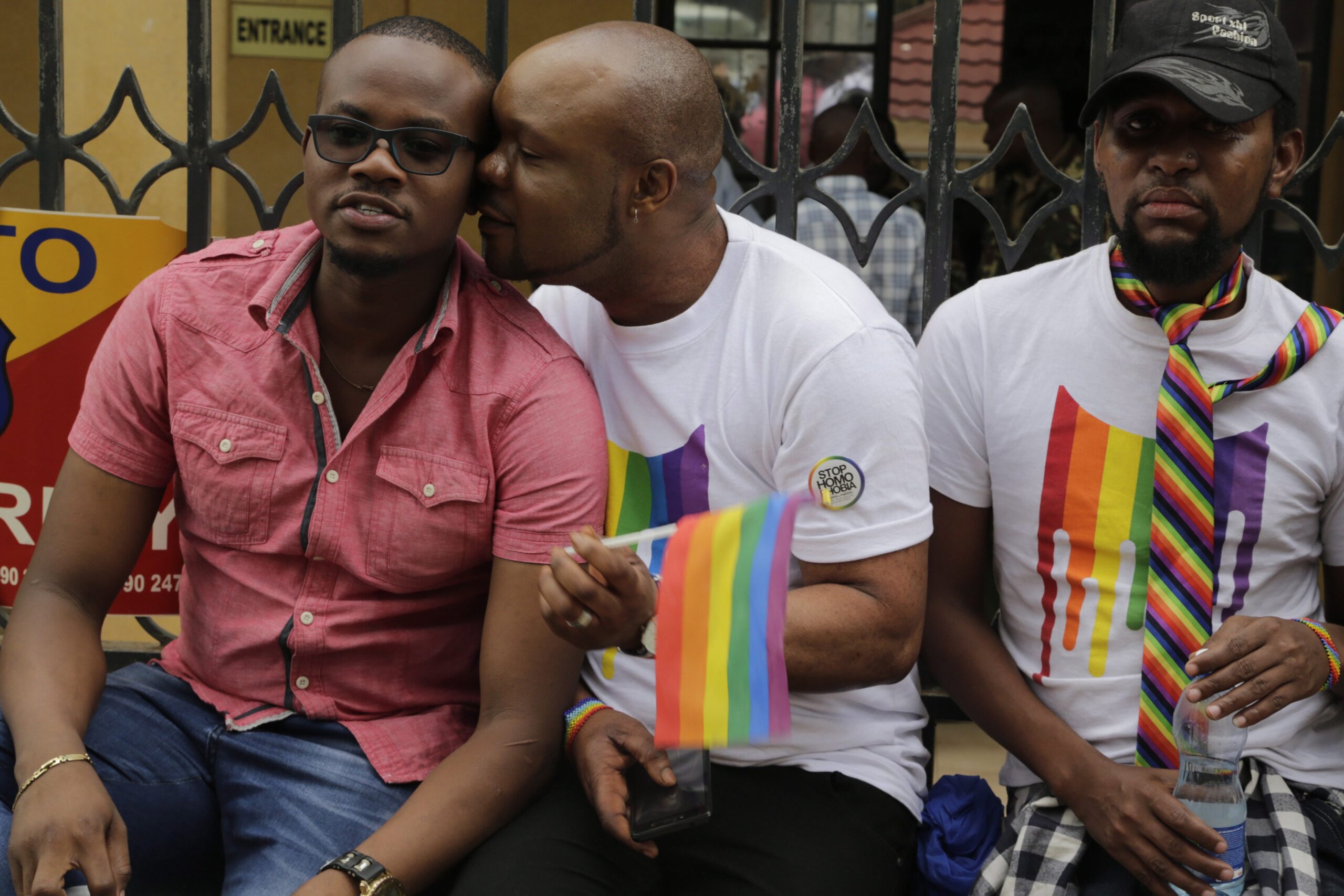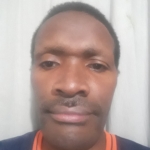Jose Mungania hails from the Kenyan coast. Though he lives in a country where gay sex acts are punishable by a prison sentence of up to 14 years, the 38-year-old is openly gay and outspoken about LGBTQ+ issues—so much so that he’s talked about the mistreatment of minorities in public workshops. But that openness has consequences.
During a public protest against growing homophobia in the coastal city of Mombasa earlier this year, Mungania was assaulted by a police officer; the officer hit his genitals with a baton. The certified public accountant also had his house ransacked, but when he reported the incident to police, he was chased away from the front desk and told to “take my homosexuality to the house,” he says.
The worst of the homophobic abuse, however, occurred when five young men broke into Mungania’s home in March. They stole money, a laptop, a smartphone and a TV. Then, they assaulted him with a broomstick. Mungania had to seek medical attention—and even still, police failed to act. “My reports to the police were ignored and dismissed,” he says.
Members of Kenya’s LGBTQ+ community hardly garner any media coverage to address their issues. They are stigmatized by mainstream society, leading in some cases to decreased mental health, suicides and increased drug use.
“During a public protest, Mungania was assaulted by a police officer, who hit his genitals with a baton.”
That’s why the country is now initiating new LGBTQ+ desks at police stations and facilities nationwide. The special desks, which have already been put in place, will serve to investigate growing homophobia and other crimes against the LGBTQ+ community in Kenya in hopes that cases like Mungania’s won’t go overlooked. The initiative is the first of its kind in Africa outside of South Africa.
According to the Inspector-General of Police Hillary Mutyambai, the initiative is a big step toward improved human rights across the country. On average, the country sees about 50 crimes against members of the LGBTQ+ community each month. “[LGBTQ+ Kenyans] all have equal protection under our laws if their rights are violated,” he says. “Many cases against people suspected to be involved in homosexuality are violent attacks, arson, rape, malicious damage to property, death threats and stalking.”
Still, because homosexuality remains illegal under Section 162 of Kenya’s penal code, Mutyambai stresses that homosexuality is still not tolerated by country officials. Sex between women in Kenya is not recognized or defined in the country’s constitution and therefore remains technically legal; only sex between men is criminalized. But the constitution also prohibits same-sex marriage, and in some cases, the country’s gross indecency laws can be leveraged and used against both gay men and lesbians.
“Gay men and lesbians have been subjected to extreme forms of violence, overwhelming police stations countrywide.”
According to George Kinoti, Kenya’s director of criminal investigations, there has been an increase in cases of hate crimes against the LGBTQ+ community in the country coupled with a rise in intolerance. Gay men and lesbians in particular have been subjected to extreme forms of violence, and these cases have overwhelmed police stations countrywide.
Community members, however, share concerns about over-policing of queer people and if the desk could contribute to that, though none would comment on the record about it.
Despite homosexuality being illegal in the country, Kenya has one of the largest LGBTQ+ populations in Africa. LGBTQ+ NGOs and queer-managed associations abound.
Some activists say the initiative is just a start. Kenya heads into a federal election next August, and that can mean increased violence. “As a community, LGBTQ+ people have the capacity to vote out bad leaders,” says Njeri Gateru, executive director of the Kenyan-based National Gay and Lesbian Human Rights Coalition. “In our country, there is always a cycle of violence during every election cycle. A lot of it is committed against the LGBTQ+ community. We end up dying or being sexually abused.
“LGBTQ+ people should be given every equal opportunity like any other member of society.”


 Why you can trust Xtra
Why you can trust Xtra


